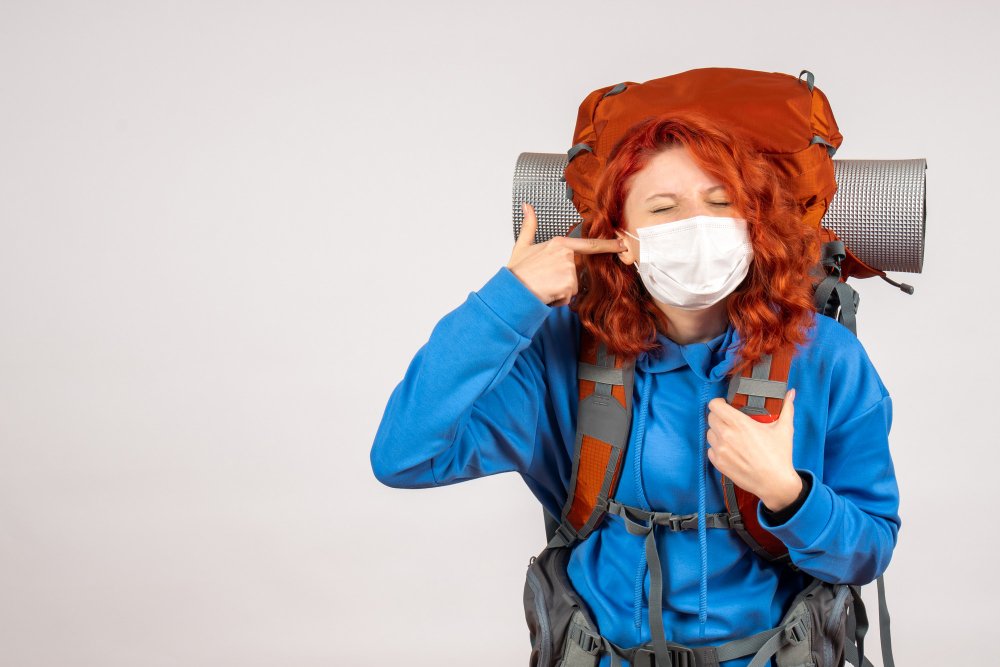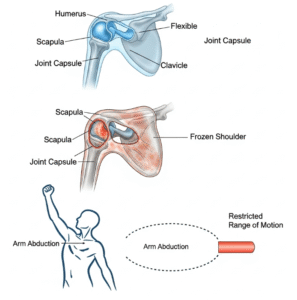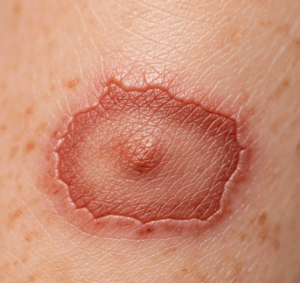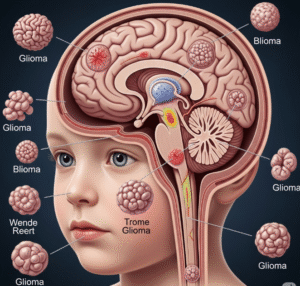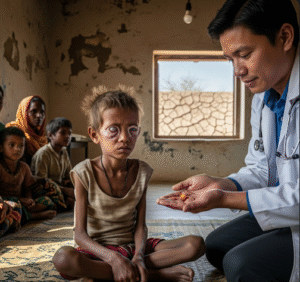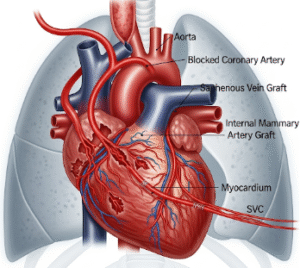Overview
Altitude sickness, also known as acute mountain sickness (AMS), is a group of symptoms that occur when someone ascends to high altitudes too quickly, usually above 2,500 meters (8,200 feet). The body needs time to adapt to lower oxygen levels at high elevations, and when it fails to do so, altitude sickness can develop. While usually mild, severe forms like High Altitude Pulmonary Edema (HAPE) or High Altitude Cerebral Edema (HACE) can be life-threatening if not promptly treated.
What is Altitude Sickness?
Altitude sickness is a condition caused by reduced oxygen availability in the air at higher altitudes. It typically occurs in people who travel from lower elevations to higher ones too quickly without proper acclimatization. The condition can range from mild discomfort to severe illness requiring immediate medical attention.
Symptoms
Symptoms usually begin 6 to 24 hours after ascent and can include:
Mild (Acute Mountain Sickness):
- Headache (most common)
- Nausea or vomiting
- Dizziness or lightheadedness
- Fatigue or weakness
- Shortness of breath with exertion
- Sleep disturbances
- Loss of appetite
Severe (HAPE or HACE):
- Persistent cough, sometimes with frothy sputum
- Difficulty breathing at rest
- Blue lips or fingernails (cyanosis)
- Disorientation or confusion
- Loss of coordination (ataxia)
- Unconsciousness
Causes
Altitude sickness is caused by:
- Reduced oxygen levels at high elevations
- Rapid ascent without adequate time for the body to adjust
- Overexertion at high altitudes
- Preexisting respiratory or cardiovascular conditions
Risk Factors
- Rapid ascent to elevations above 2,500 meters (8,200 feet)
- Lack of prior high-altitude exposure
- Strenuous physical activity soon after arrival
- Young adults (more prone than children or the elderly)
- History of previous altitude sickness
- Dehydration
- Sleeping at higher elevations
Complications
- High Altitude Pulmonary Edema (HAPE): Fluid accumulation in the lungs; life-threatening
- High Altitude Cerebral Edema (HACE): Brain swelling; can lead to coma or death
- Persistent hypoxia: Can exacerbate underlying heart or lung conditions
- Dehydration, shock, or loss of consciousness in extreme cases
Prevention
- Ascend gradually (no more than 300–500 meters per day above 2,500 meters)
- Rest every few days during multi-day climbs
- Stay hydrated
- Avoid alcohol and sedatives
- Eat light, high-carbohydrate meals
- Avoid overexertion
- Use medications prophylactically:
- Acetazolamide (Diamox) helps acclimatization
- Dexamethasone for prevention of HACE
Treatment Options in Korea
South Korea offers high-quality care for altitude sickness, though the condition is more often encountered by Korean travelers heading abroad to high-altitude areas (e.g., Himalayas, Andes).
1. Emergency Care
- Available in major hospitals and ERs across Korea
- Oxygen therapy, intravenous fluids, and medications for severe cases
- Recompression therapy if symptoms persist after descent
2. Medications
- Acetazolamide (Diamox) – Promotes acclimatization
- Dexamethasone – Reduces brain swelling
- Nifedipine – Treats HAPE
- Ibuprofen or acetaminophen – Manages headaches
These medications are available in Korean hospitals and travel clinics.
3. Pre-Travel Consultation
- Travelers planning treks to Nepal, Tibet, Peru, or other high-altitude regions can get:
- Altitude readiness checkups
- Prescription for preventive meds
- Vaccinations and travel safety advice
- Services available at:
- Severance Hospital Travel Clinic
- Samsung Medical Center International Clinic
- Korea Centers for Disease Control and Prevention (KCDC) travel advisory
4. Altitude Simulation Testing (if needed)
- Some hospitals offer hypoxia altitude simulation for patients with heart or lung issues planning high-altitude travel.

